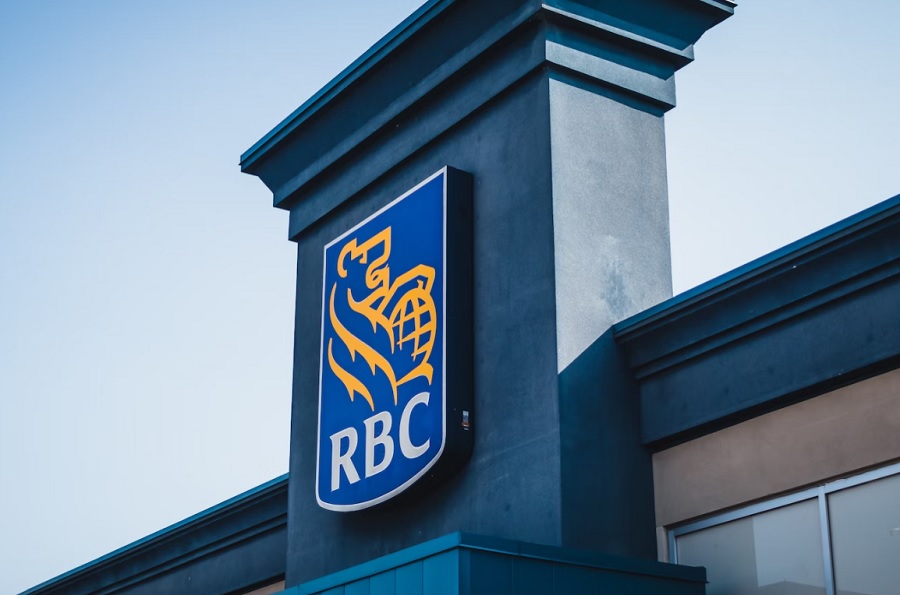
Wide-moat-rated Royal Bank of Canada (RY) reported OK fiscal second-quarter earnings. Adjusted earnings per share were $2.65, representing a decline of 11% year over year and a decline of 15% quarter over quarter. Results generally fit within the overall pattern we expect for the Canadian banks this year, as we looked for slowing loan growth, an increase in credit strain, and some pressure on net interest income growth.
The bank announced it will now pay a quarterly dividend of $1.35 per share, up 3 cents.
Indeed, net interest income declined sequentially and provisioning for loan losses ticked up during the quarter as the bank prepares for an expected mild recession by the end of the year. We would not be surprised to see continued reserve builds across the industry for the rest of the year. The bank’s expenses also came in a bit above where we had hoped, and management admitted on the call that it plans to do more to control expenses going forward and feels it over-hired during the last year, which it plans to address over the coming year. As we highlighted last quarter, we did not feel we were completely out of the woods yet when it came to higher expense surprises. As we incorporate these results, primarily changing our expense outlook, we plan to decrease our fair value estimate for Royal Bank of Canada of $136 by a low-single-digit percentage amount.
Fees performed relatively in line with our expectations. We had expected a dramatic decline in trading and foreign exchange fees after the unusually good performance last quarter, while capital markets fees also came back down in a difficult environment. As the cycle progresses, trading should recede; however, wealth and investment banking fees should arguably do better during the next cyclical upswing, helping balance out some of the potential headwinds in other items.







:quality(80)/cloudfront-us-east-1.images.arcpublishing.com/morningstar/BI7UX2RGJBHCBOP7VRZ3ZOYBVM.jpg)













